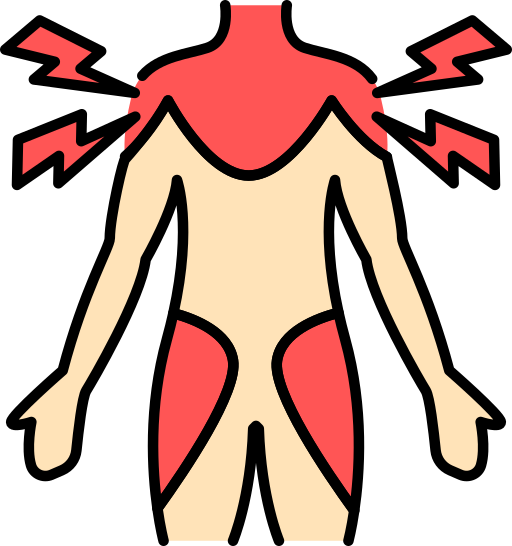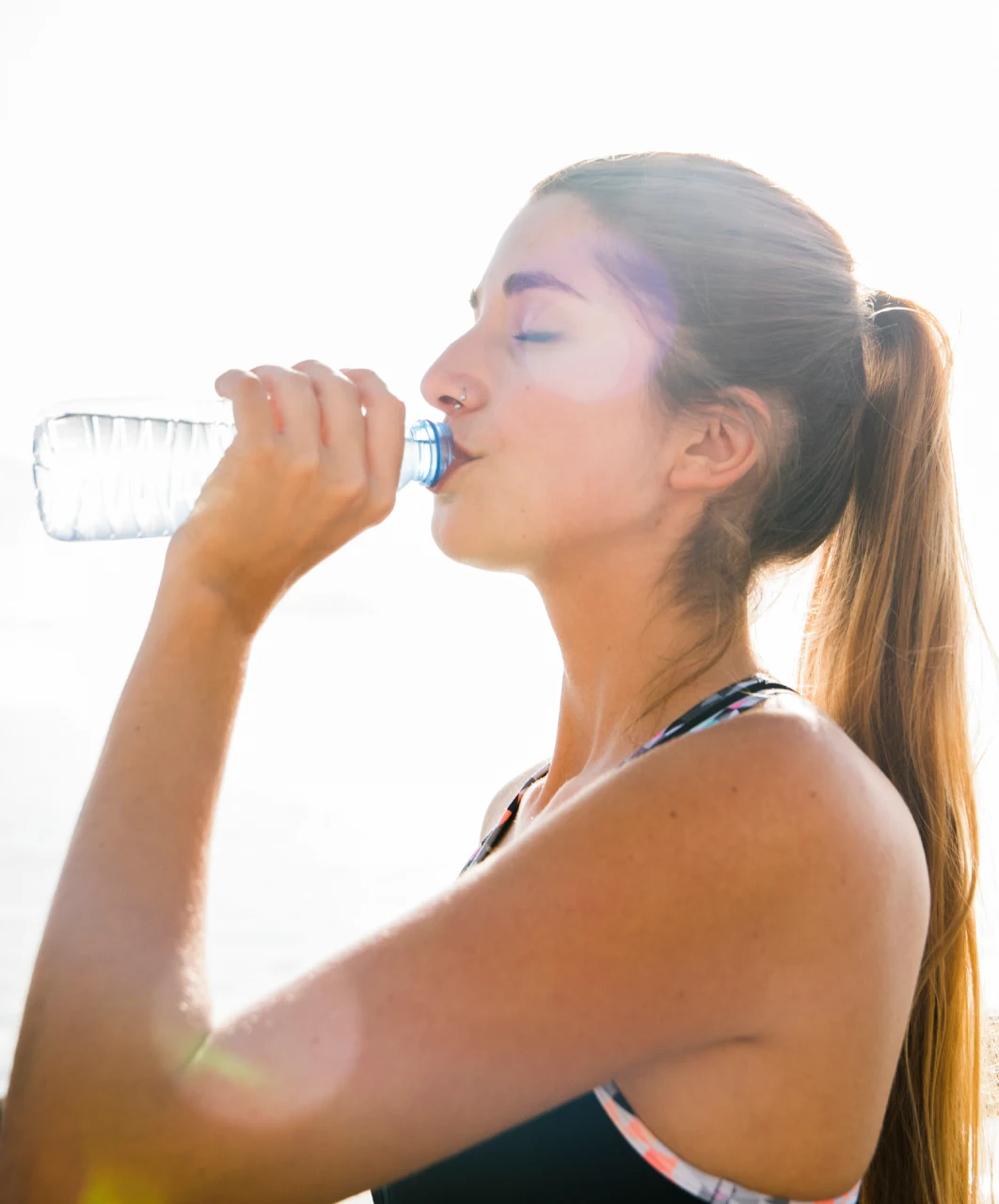Nutrition is important for wound healing, especially for surgical wounds, injuries, and pressure sores. Eating well can help your body heal faster and fight infection. When your body is healing, it needs more nutrients and calories.

Wound healing is a complex process that involves different parts of the body working together. Nutrition is key in this process, providing the building blocks needed for tissue repair and recovery. This article explores how nutrition and wound healing are connected, highlighting key nutrients and dietary tips to help the body heal wounds effectively.
Wound healing happens in several stages, each needing specific nutrients to work best:

The process where blood clots develop to halt excessive bleeding.

White blood cells rush to the wound to prevent infection and clear debris.

New tissue and blood vessels grow to replace damaged tissue.

The wound matures and strengthens as new tissue reorganizes.
Protein: Needed for cell growth and repair, protein is crucial throughout wound healing. Amino acids, the building blocks of protein, help make new tissue and repair damaged cells. High-protein foods include lean meats, fish, dairy, legumes, and nuts.
Vitamin C: Vital for collagen formation, a protein that gives skin strength and structure. Vitamin C also has antioxidant properties to protect cells from damage. Sources include citrus fruits, strawberries, bell peppers, and broccoli.
Vitamin A: Important for cell growth and immune function, vitamin A helps form new skin and other tissues. Foods rich in vitamin A include carrots, sweet potatoes, and dark leafy greens.
Zinc: Essential for DNA synthesis, cell division, and protein synthesis, all important for wound healing. Zinc also supports the immune system, reducing infection risk. Good sources of zinc include meat, shellfish, beans, and seeds.
Iron: Necessary for oxygen transport in the blood. Adequate oxygenation is essential for energy production and cell function during wound healing. Iron-rich foods include red meat, poultry, fish, lentils, and spinach.
Vitamin E: Has antioxidant properties that help protect cells from damage during healing. Nuts, seeds, and green leafy vegetables are excellent sources of vitamin E.
Arginine and Glutamine: These amino acids support immune function and collagen synthesis. Arginine promotes blood flow to the wound site, while glutamine supports the immune response. Both are found in meat, dairy, and nuts.
Staying well-hydrated is crucial for wound healing. Water is necessary for maintaining skin elasticity, transporting nutrients, and removing waste from the body. Dehydration can slow the healing process and increase infection risk.
Practical Dietary Tips for Wound Healing

Optimal wound healing needs a holistic approach, including proper nutrition. By focusing on a diet rich in essential nutrients, individuals can support their body’s natural healing processes and improve recovery. Eating a variety of nutrient-dense foods and staying hydrated are key strategies for promoting efficient and effective wound healing.
R3 Wound Care and Hyperbarics offers non-hospital-based wound care medical services. Our clinics provide the same high-quality treatments as hospitals but with easier access and more affordable care. Trust R3 Wound Care and Hyperbarics to support your wound healing journey with expert care and attention.
WOUND CARE AND HYPERBARIC OXYGEN THERAPY
Located in The Dallas-Fort WORTH, Houston and San Antonio Areas of Texas